Viewpoint by Jonathan Power
LUND, Sweden (IDN-INPS) – The two American presidential candidates give the impression of being rather hostile towards China. This is counterproductive.
“The US should not adopt confrontation as a strategy of choice. In China, the US would encounter an adversary skilled over the centuries in using prolonged conflict as a strategy and whose doctrine emphasizes the psychological exhaustion of the opponent.
“In an actual conflict both sides possess the capabilities and ingenuity to inflict catastrophic damage on each other. By the time any such hypothetical conflagration drew to a close, all participants would be left exhausted and debilitated. They would then be obliged to face anew the very task that confronts them today: the construction of an international order in which both counties are significant components”.

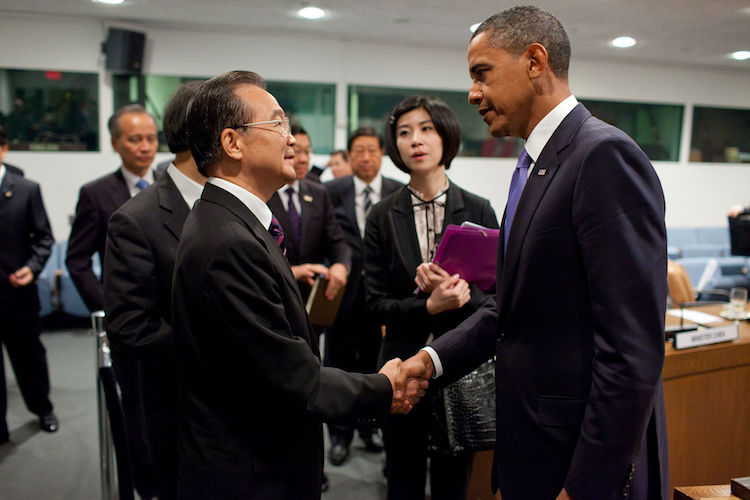
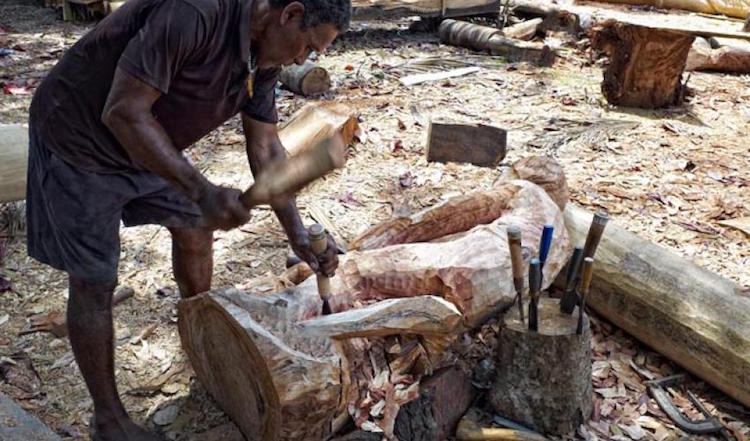
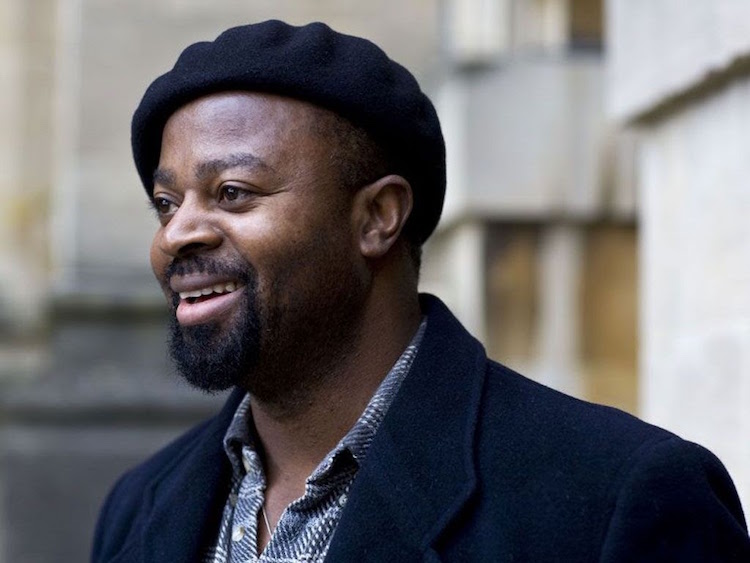
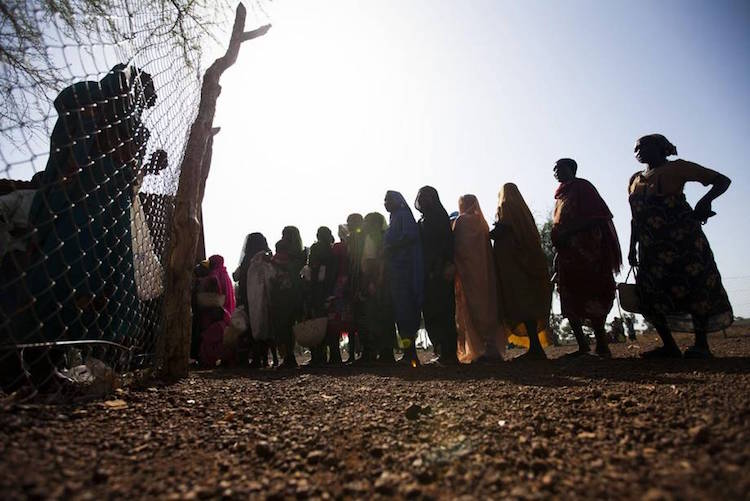
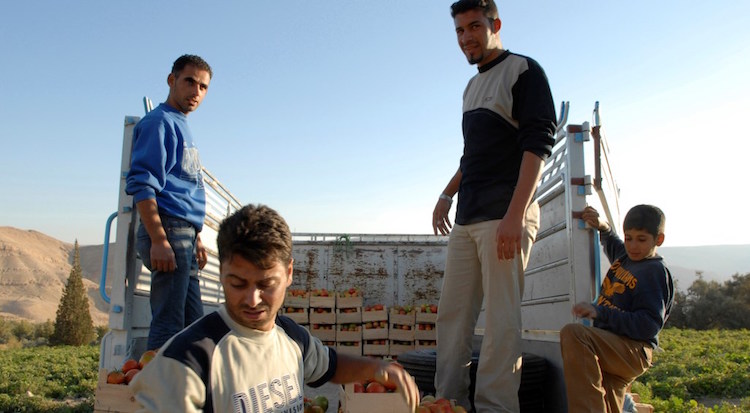
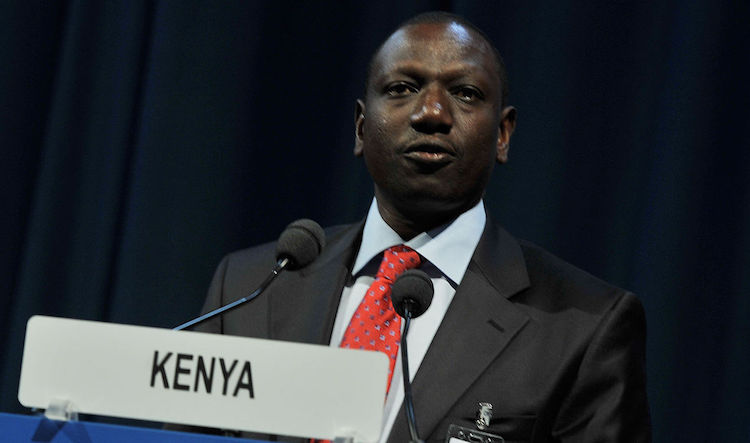
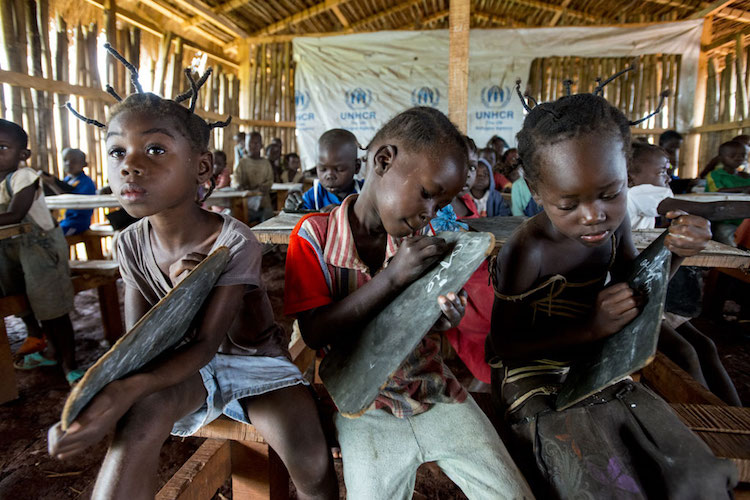
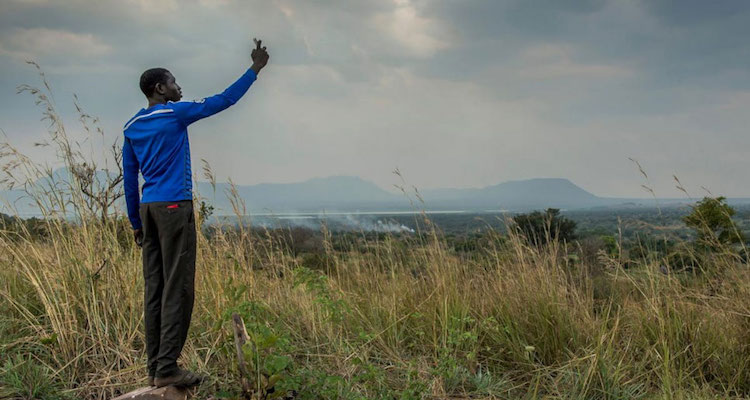


 NEW YORK (IDN) – Ahead of the first-ever high-level summit for refugees on September 19 at the UN Headquarters in New York, UN Women, the United Nations Entity for Gender Equality and the Empowerment of Women, has
NEW YORK (IDN) – Ahead of the first-ever high-level summit for refugees on September 19 at the UN Headquarters in New York, UN Women, the United Nations Entity for Gender Equality and the Empowerment of Women, has